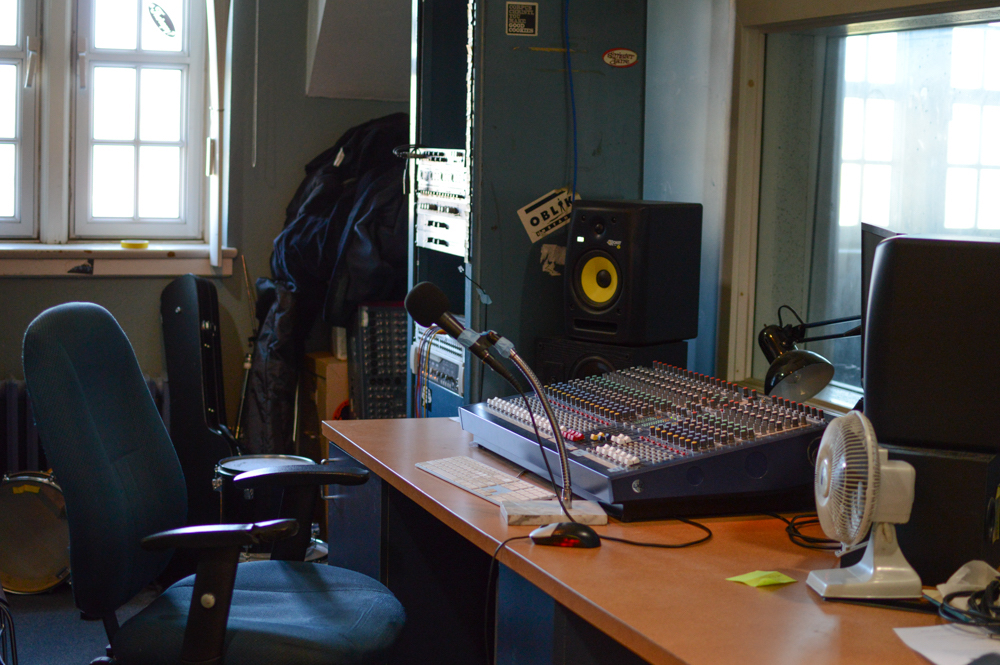Complaint filed under the Canadian Labour Code closed, non-disclosure agreement signed
A settlement was reached between Ellen Smallwood—a former CJLO employee—and the university radio station last week, according to the Centre for Research-Action on Race Relations (CRARR).
CRARR represented Smallwood, the station’s former director of promotions, fundraising and sponsorship, when she filed a labour complaint against her former employer last March. Smallwood claimed the station’s executive team created a hostile work environment for women and that she was fired without just cause.
In an email to The Concordian, CJLO station manager Michal Langiewicz wrote that the settlement was done “to the satisfaction of both parties.” According to CRARR executive director Fo Niemi, the final approval of the settlement by the Canadian Human Rights Commission is pending.
“The complaint filed with Human Resources and Social Development Canada under the Canada Labour Code has been closed as part of the settlement,” Niemi added.
Neither Langiewicz nor Niemi commented on the settlement, citing a non-disclosure agreement between the two parties.
Smallwood, worked at CJLO from January 2015 to November 2016. She told The Concordian in April that tensions began between her and the station’s executive board and management team in June 2016.
According to Smallwood, certain employees opposed putting up posters condemning sexism, racism and other forms of bigotry intended to promote the office as a safe space because they believed it interfered with their freedom of speech.
She told The Concordian that their refusal was an indirect form of oppression against minorities.
She added that Langiewicz eventually decided to ask the station’s volunteers whether or not they approved of the poster via an online poll. Smallwood said Langiewicz refused to put the posters up, despite the staff voting overwhelmingly in favour of displaying them.
Another female employee, who remained anonymous, corroborated some of Smallwood’s claims regarding the work environment and tension created following the safe space poster debate.
While Smallwood did not name any particular board executive in her complaint, she described Langiewicz’s leadership as being “paternalistic and sexist.”
According to the former CJLO employee, she was told by another employee that she wasn’t fired in person or given advanced notice because she would have “cried like a baby.”
At the time, Langiewicz told The Concordian it was the first labour complaint CJLO had dealt with in 17 years. “We cannot comment on any details at this point for reasons of confidentiality, except to say that we are seriously disputing the allegations,” Langiewicz said at the time.
Niemi said the complaint was filed not only to correct past actions but to protect future employees from the same conditions Smallwood faced.
Photo by Mackenzie Lad
